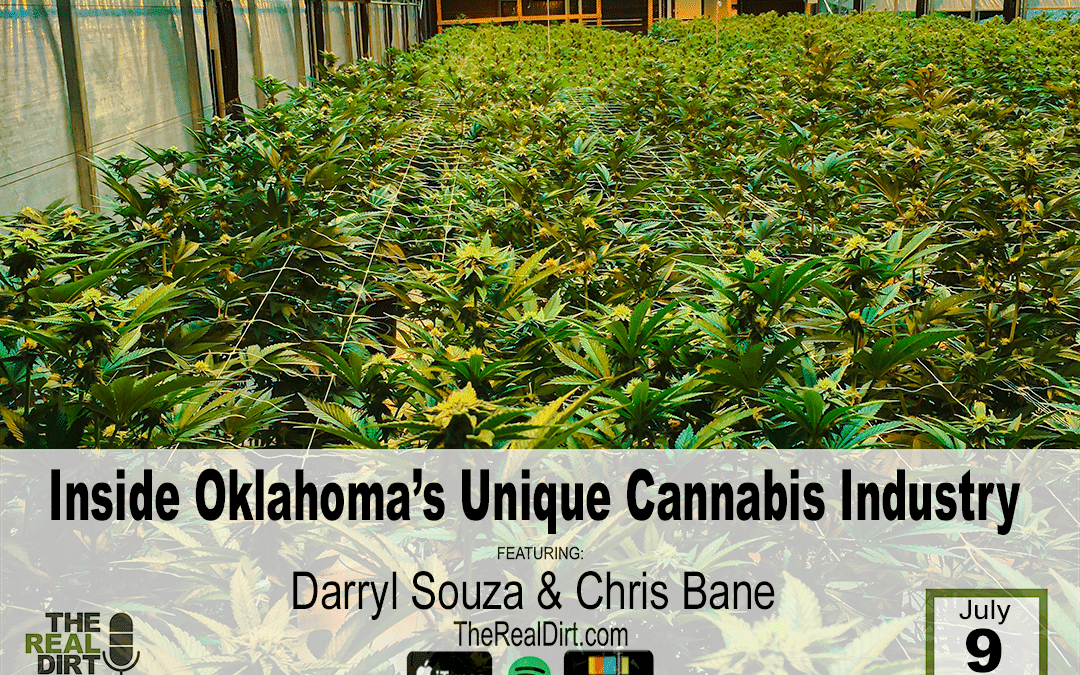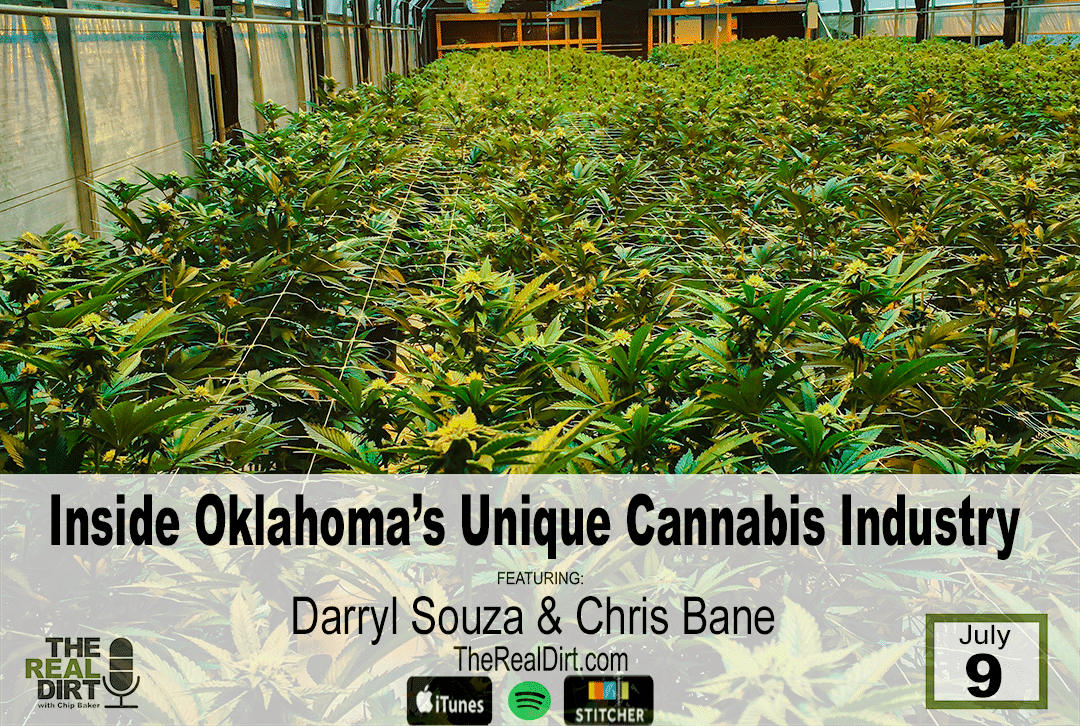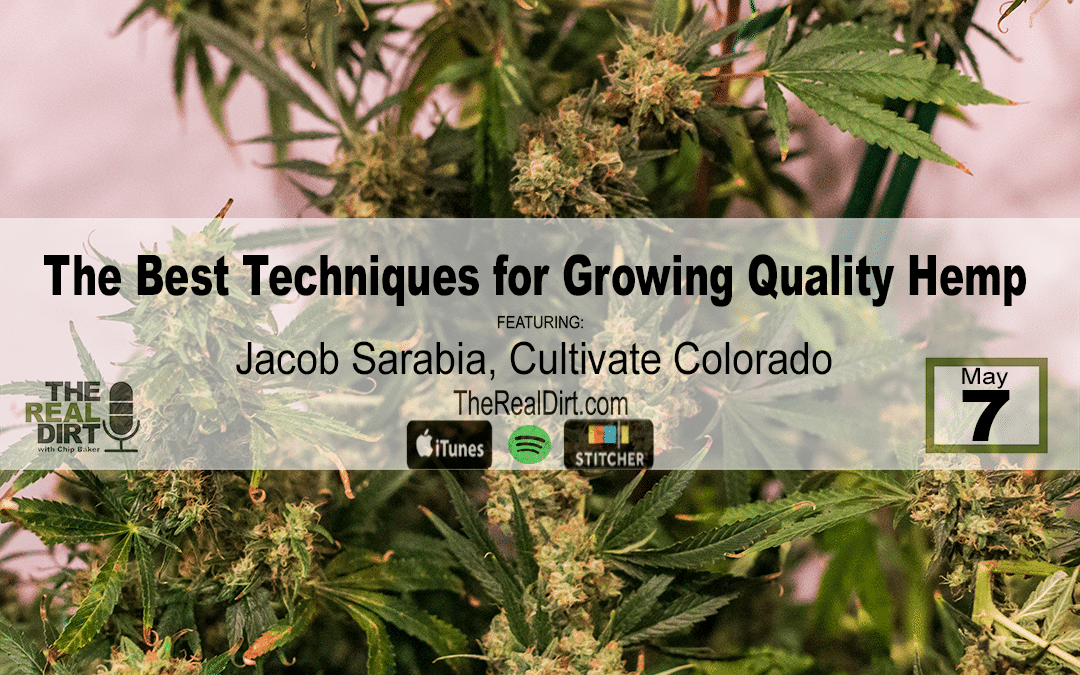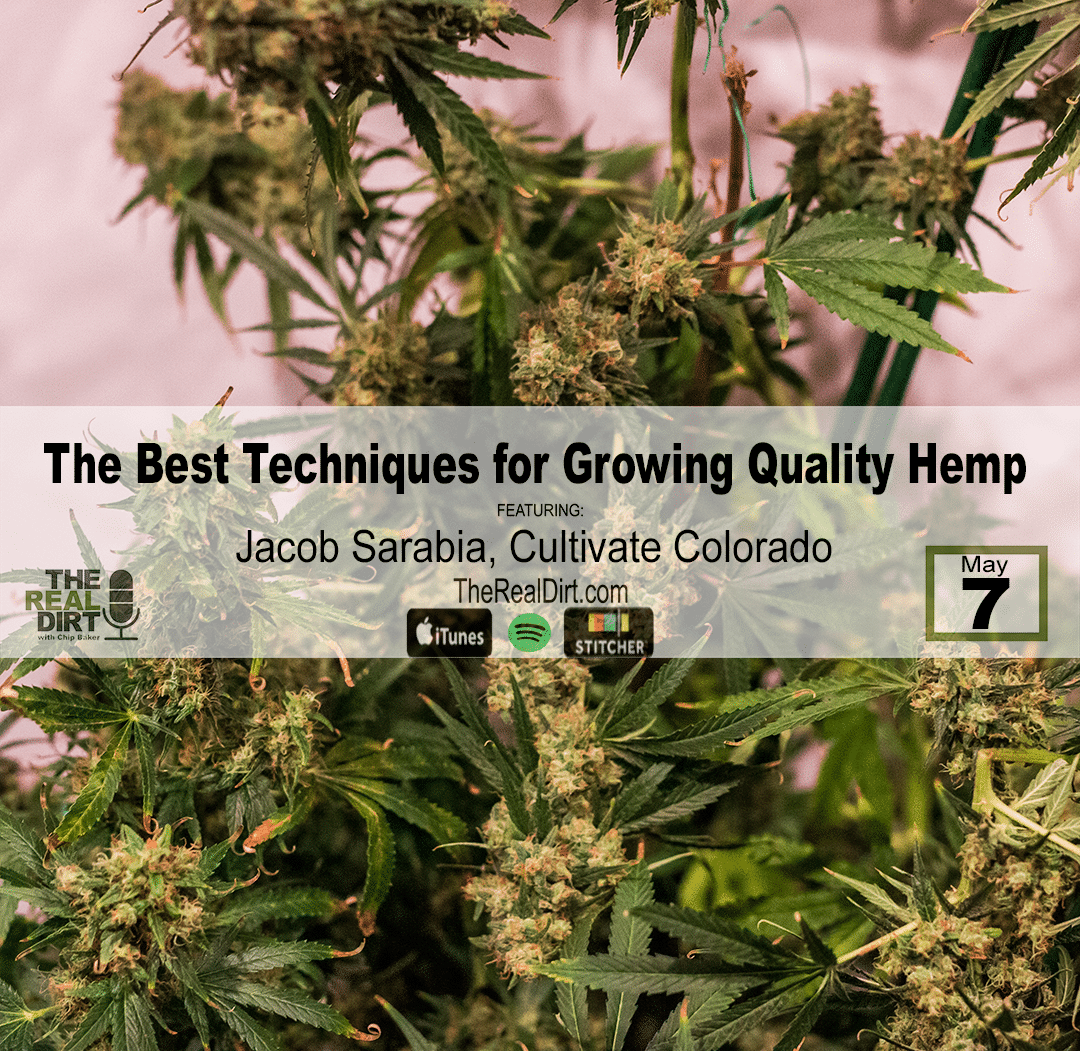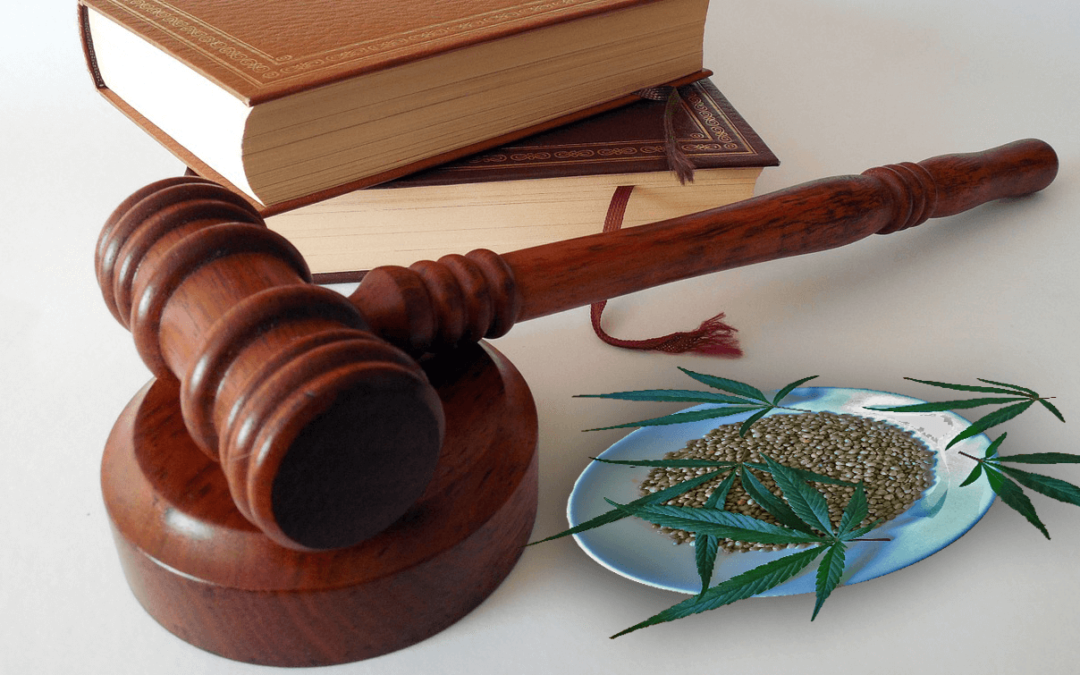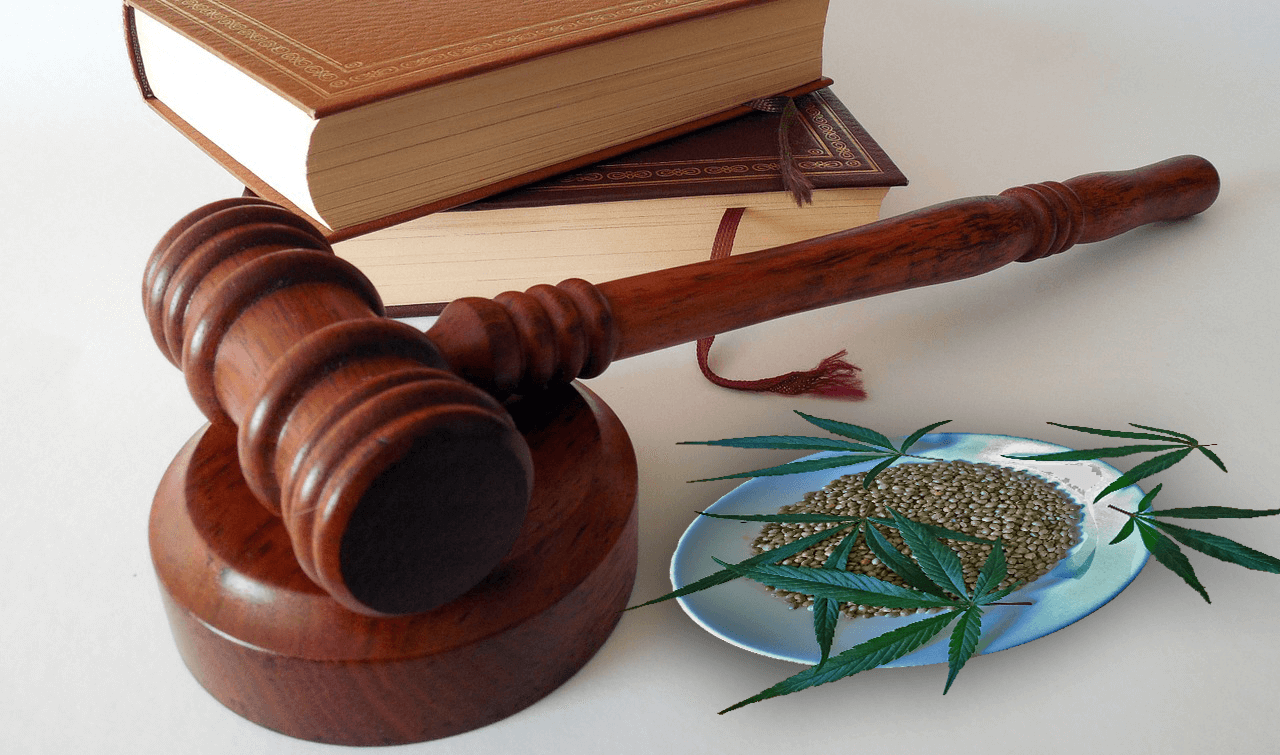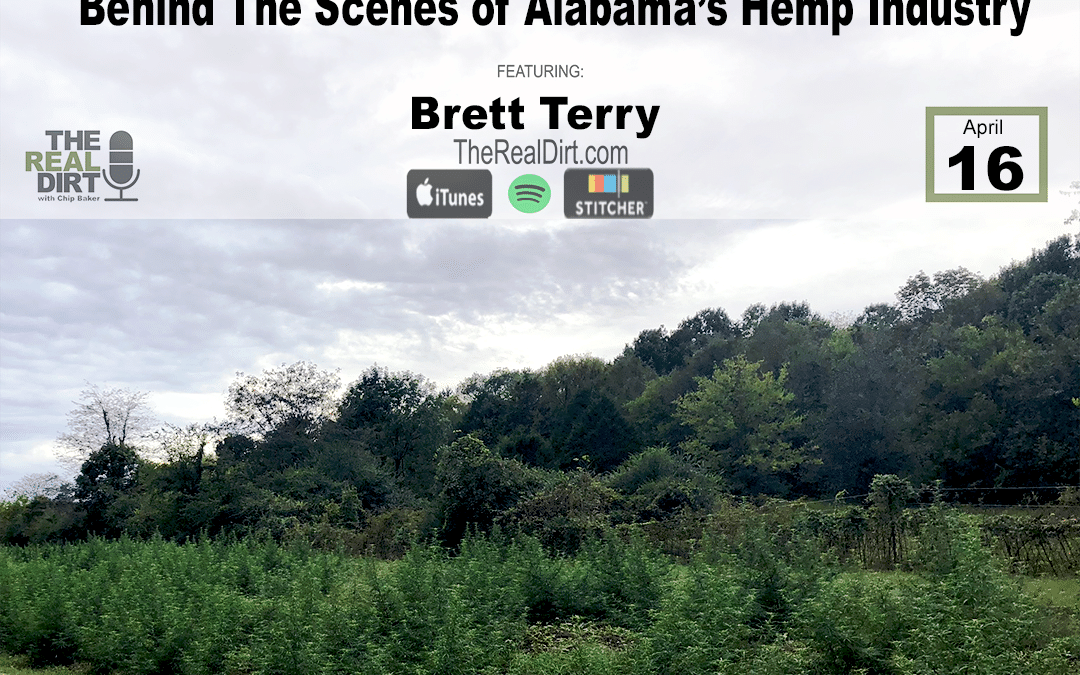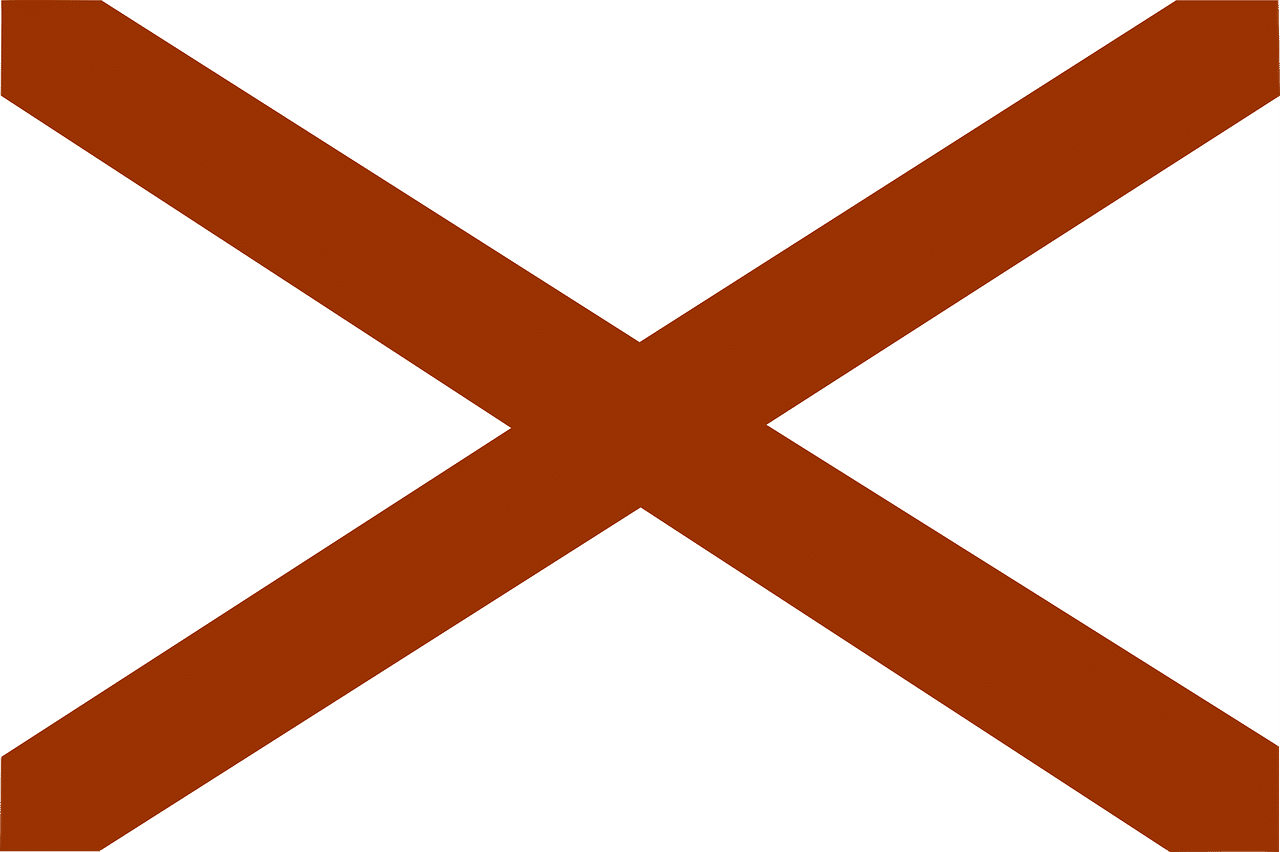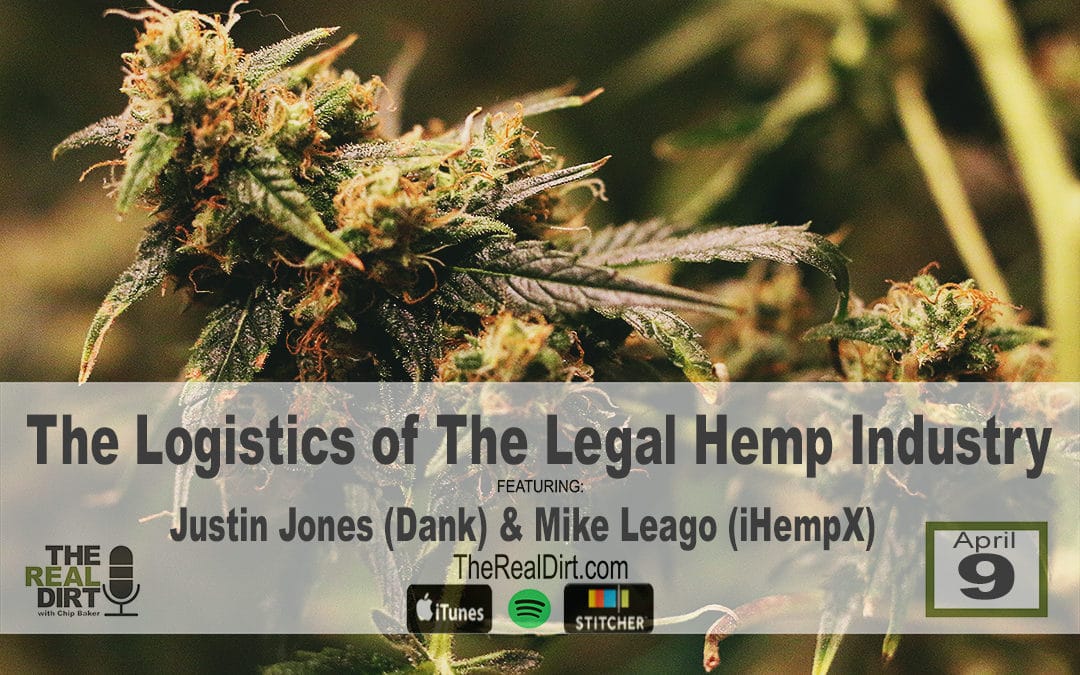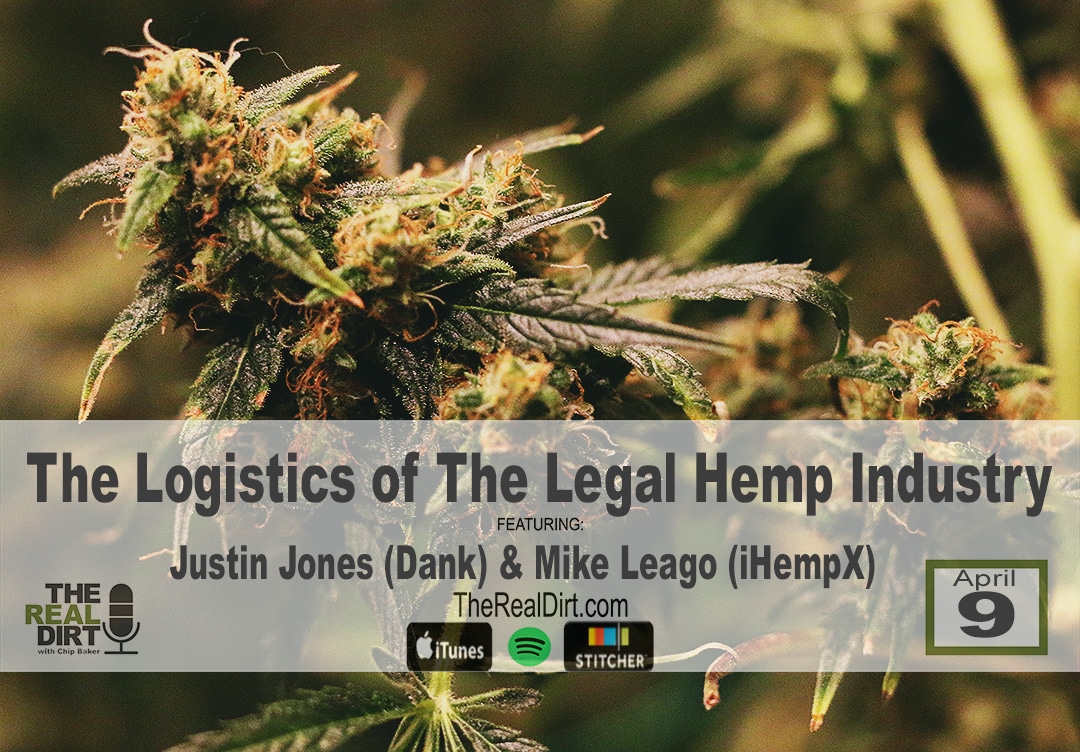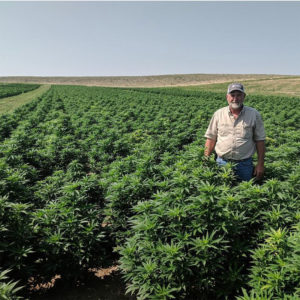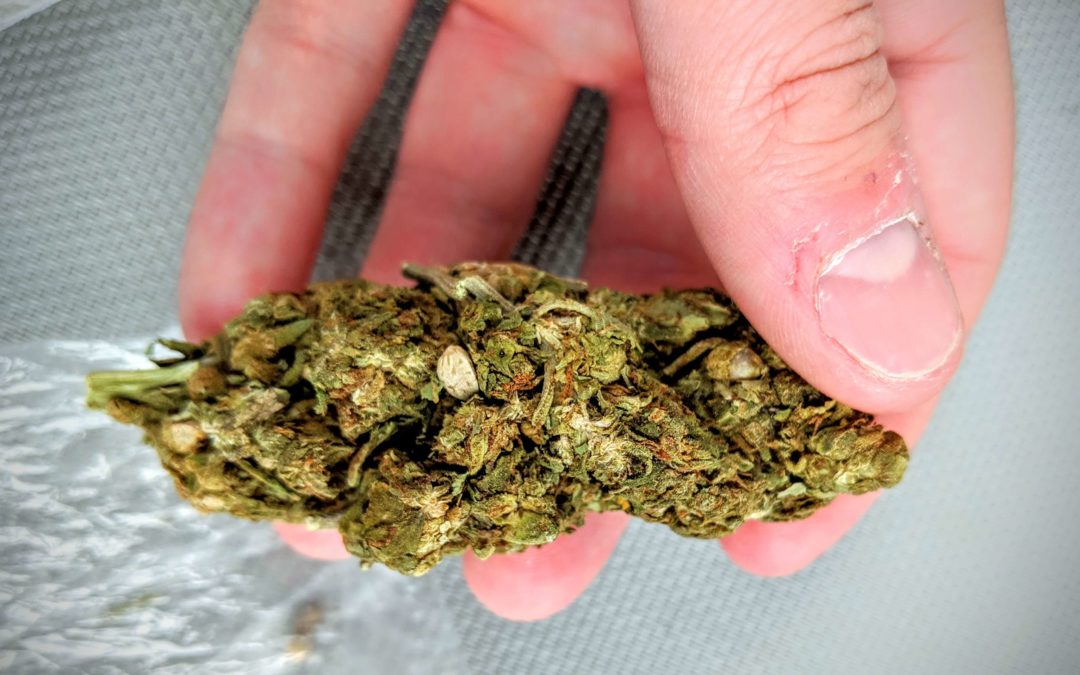
The Culture and Business of Ganja in Jamaica
Podcast: Play in new window | Embed
Subscribe: Google Podcasts | Spotify | iHeartRadio | Stitcher | Email | TuneIn | RSS
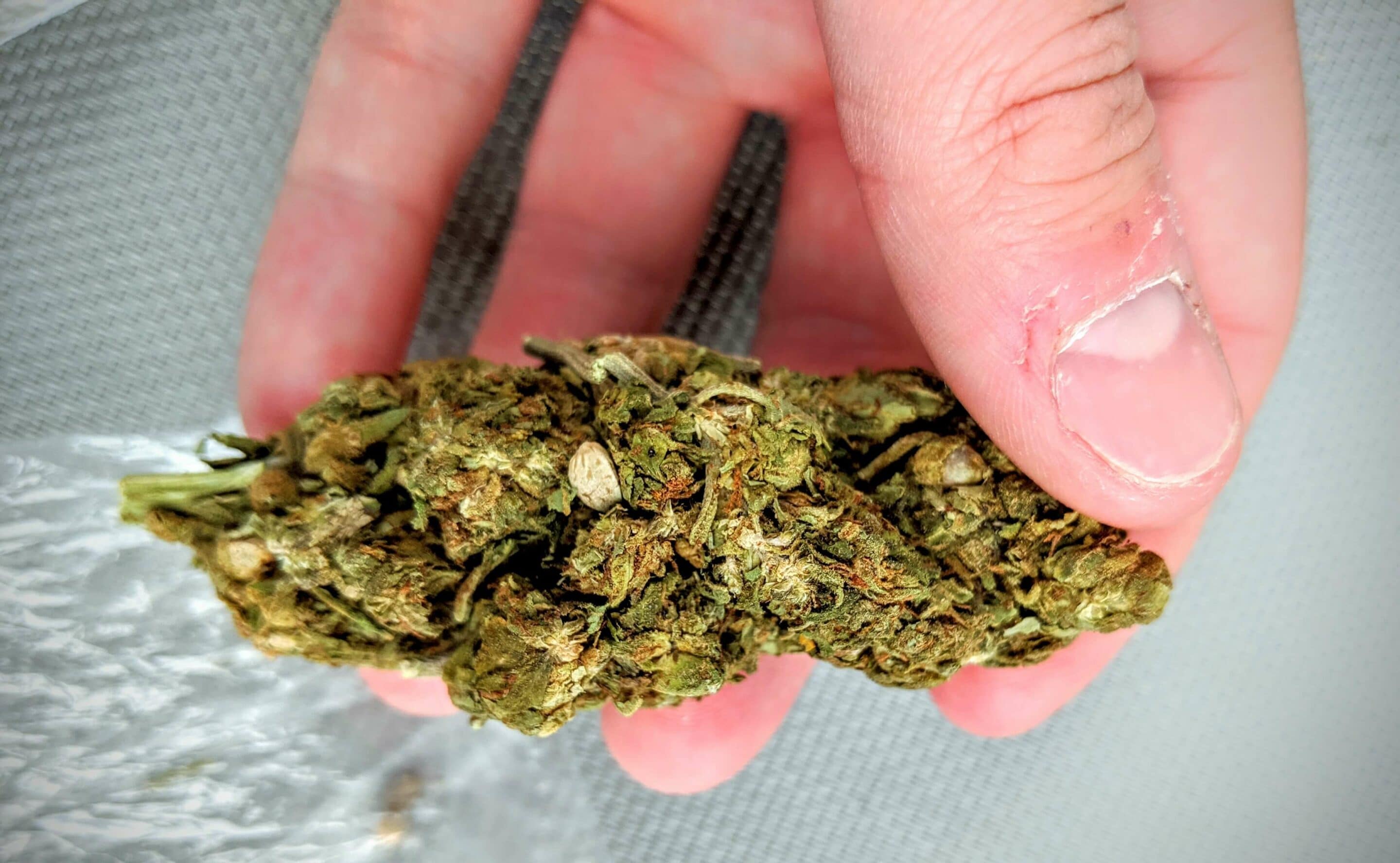
Ganja is as much a part of Jamaica’s identity as their beautiful turquoise water and white sand beaches. But how is it, really?
This week’s episode of The Real Dirt takes a departure (literally) from the U.S. cannabis industry and culture. While I may have been on vacation in Jamaica technically (and physically most of the time), I had to do my part as an amateur connoisseur to sample the local ganja.
Several times in fact.
Because as an educator it is my job to inform you of the differences in cannabis around the world, I made sure to do my due diligence.
Getting Ganja in Jamaica
To be honest I was actually concerned I was going to have trouble getting some ganja when I got to Jamaica. I definitely should not have been concerned.
I wasn’t even on the resort’s beach for an hour before I had my first interaction. A man rows up in an old wooden canoe, with a box full of trinkets and knick knacks dangling on the outside of it for tourists to buy.
But it was what he had hidden that I was after. “I got anything you need,” the guy said to me. Emphasis on ANYTHING. Bam. It was that easy. Or so I thought.
This guy tried to sell me what had to have been at most two grams, for $80 USD. That’s right. Eighty dollars, American. Maybe it was a jerk move on my part, but I had to laugh a little bit. It should go without saying I did not purchase my ganja from that man.
Luckily all I had to do was throw $40 to my bartender and he gave me about an 1/8 of sweet, seed-filled ganja. Before you say it out loud, yes I was ripped off. But hey, beggars can’t be choosers, and I was basically begging strangers for some weed.
How is it?
Just to get all the details on the table; over my week long stay, I would purchase a little over seven grams of flower, a half gram of Jamaican hash and a red velvet cake edible from four different sellers. You bet I finished all of it before I flew out of there.
Now when it actually came to tasting it all, each batch of flower was different. The first bud was full of seeds, probably close to 20 in the 3.5 grams or so that we got. The second bud came still on the branch, with a cola at the top and smaller popcorn buds down the stem. The third flower we got looked the best; it had a nice trim, not many seeds, and the best smell out of the batch.
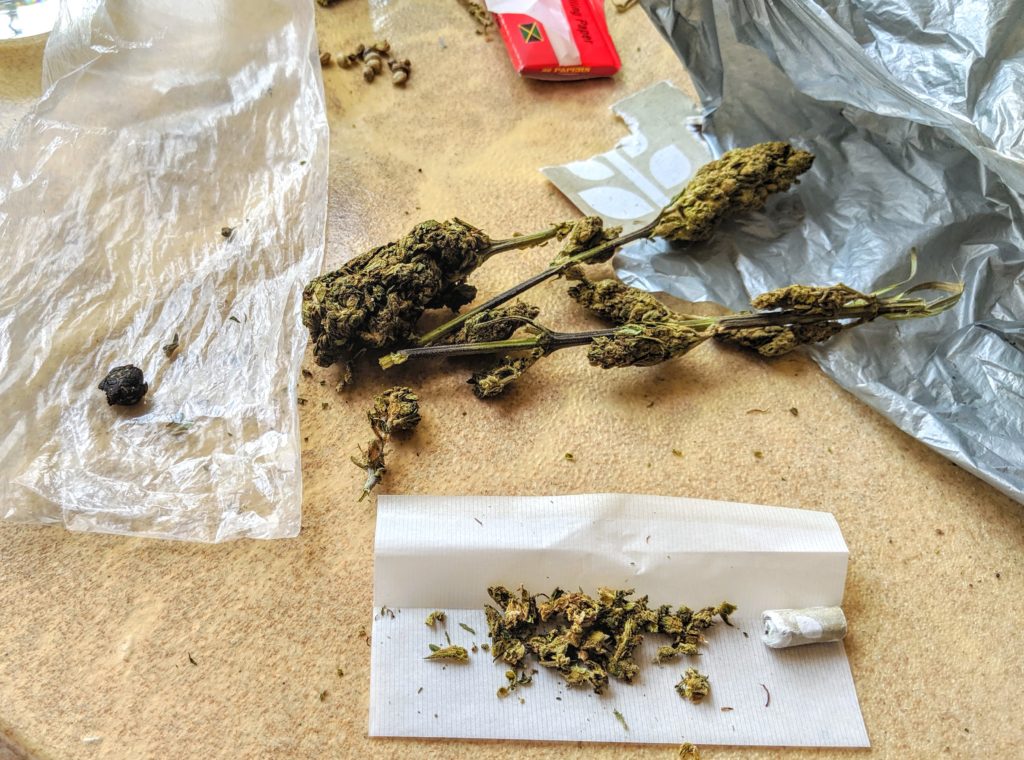
All of the flower was dark. Compared to the US where you see a lot of light green or purple flowers with vibrant orange hairs, Jamaican ganja did not have much of that at all.
Smell wise, the buds were more earthy and grassy than anything, but there was a subtle sweetness to each bud when I gave them a squeeze and broke them open.
While I expected to cough up a lung, I was pleasantly surprised by how smooth the smoke was. The buds were a lot stickier than most Colorado buds, and without a grinder it took me a while to roll my joints. Once they were rolled and lit, the joints burned pretty evenly, and I rarely had to relight a joint.
The smells and flavors reminded me of the reggie I smoked in high school when I didn’t know any better. Maybe it was the nostalgia, or the fact that I knew I couldn’t get higher quality bud if I tried, but I really enjoyed the ganja I had.
Inside the Culture and Business of Ganja in Jamaica
In this week’s episode of The Real Dirt, I talk to Chip about my experience in Jamaica, sampling the local ganja and my experience of the cannabis culture in Jamaica and how it compares to the US.
After our talk, get a full, in depth discussion with Jessica Baker and Dr. Lakisha Jenkins, who works in the medical cannabis industry in Jamaica. From private market culture to legal market progress, get it all in this episode of The Real Dirt Podcast.
Listen on iTunes
Listen on Spotify
Podcast: Play in new window | Embed
Subscribe: Google Podcasts | Spotify | iHeartRadio | Stitcher | Email | TuneIn | RSS

